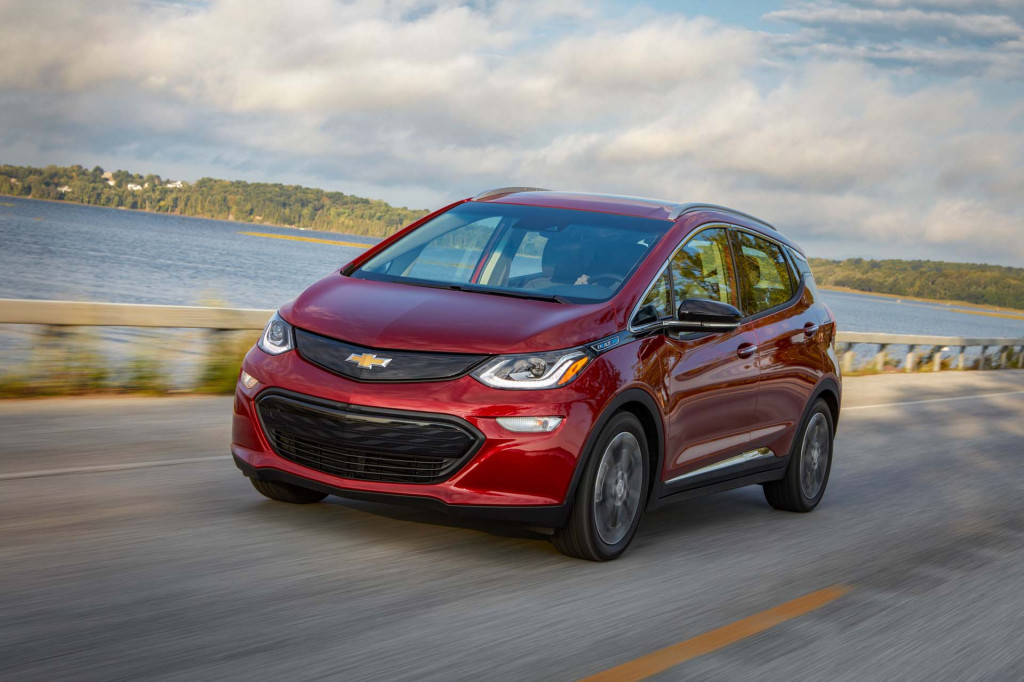This article has been updated to include a response from Tesla.
Consumer Reports pulled its recommendation for the Tesla Model 3 again, after new survey data from its subscribers showed the car has below-average reliability, the organization announced today.
CR surveys its subscribers annually about problems and satisfaction with their cars. "I want to emphasize that when it comes to owner satisfaction, the Tesla Model 3 is still the best," said test director Jake Fisher. "However, in those same surveys, people tell us that it breaks." Those breakages are what the organization uses to determine a car's reliability.
He points out that such high owner satisfaction along with low reliability puts the Model 3 in company with other enthusiast-oriented cars such as the Jeep Wrangler and Chevrolet Corvette. "If you're an enthusiast and you buy a certain car because you love it, you may be OK with that," he said in an interview with Green Car Reports.
DON'T MISS: Tesla Model S loses spot on Consumer Reports’ recommended list
This year, Consumer Reports conducted a follow-up survey, from July through September last year, which gathered additional data on the Model 3, after Tesla started producing significantly more of the cars starting in July. Those cars were included in the latest reliability data. (The organization's standard survey year runs from April through the following March.)
The rankings dropped the Model 3's overall score from a 77, second place among luxury compact cars last year, to 66, among the bottom performers. A car's overall score is a composite of its reliability and satisfaction scores from the survey and its performance in CR's own road tests.
The drop in reliability cost the Model 3 the organization's coveted recommendation. In order to be recommended by Consumer Reports, a car has to earn a top score in its category.
MUST READ: Consumer Reports tests Tesla's Navigate on Autopilot
With the Model 3's drop in reliability, Consumer Reports also won't recommend the Tesla Model X or Model S, said spokesman Doug Love. The Model S has been on and off CR's recommended list several times, with reliability fluctuating between average and below at different times.
In all, CR received responses from 500 Model 3 owners this year, who told similar stories. The reliability reports dropped Tesla 11 places in the magazine's overall automaker rankings, from sixth place to 17th, among 33 automakers.
The fact that the Model 3 fell from average to below average in reliability is not a poor reflection on electric cars as a whole. "Electric cars should be quite reliable, because they're far simpler, have less moving parts, and less complexity," Fisher said, "and in general they are. We're moving past the era of compliance cars to vehicles that have more than 200 miles of range and are very functional."
The problems with Teslas, he said, are not with their electrical or drive components. Rather, they have other issues, common to many cars, with body hardware, trim, and interior electronics.
2019 Chevrolet Bolt EV
Among examples of those problems could be reports, widespread on Tesla forums, of door handles freezing in winter, and weather stripping freezing to windows. Those problems, however, were not reported in CR's survey this year, because most Model 3s built and sold during the survey year didn't hit the road until the summer, and the survey closed in September.
Fisher says the organization did have those problems with its own car at its Connecticut test track, but as a single, non-representative data point, it does not include its own car in its survey results.
In an emailed statement, Tesla said they asked Consumer Reports for more details about the problems reported, and were told they had "no more specific information. Tesla spokesman Richard Otto added, "We take feedback from our customers very seriously and quickly implement improvements any time we hear about issues.... We have already made significant improvements to correct any issues that Model 3 customers may have experienced that are referenced in this report." He noted that the data comes from a survey fielded from July through September, and said, "The vast majority of these issues have already been corrected through design and manufacturing improvements, and we are already seeing a significant improvement in our field data.”
READ MORE: Consumer Reports ranks Tesla Autopilot second among self-driving systems
Other top-selling electric cars, the Chevrolet Bolt EV and Nissan Leaf, had average reliability, which puts them among the top models from their respective automakers, Fisher says. Again, the problems owners reported on them didn't involve their electric powertrains, but surrounded more common automotive maladies.
Last year the Bolt was CR's top pick among green cars, but the organization instituted a new requirement this year, insisting that a car has to have automatic emergency braking as standard equipment to be a top pick, which the Bolt does not. Very few General Motors models include the technology as standard equipment. In the Bolt's place, CR picked the Toyota Prius as the top pick in the renamed Hybrid/Electric Car category for the 11th time, though the Bolt is at least recommended. The Leaf has standard automatic emergency braking, but its a relatively low road test score of 62 kept it from being recommended.
It's also worth noting that CR does not include reports of problems with partial self-driving features such as Tesla's Autopilot or Nissan's ProPilot Assist in its reliability data, but conducts a separate survey and publishes a separate report on those systems.












